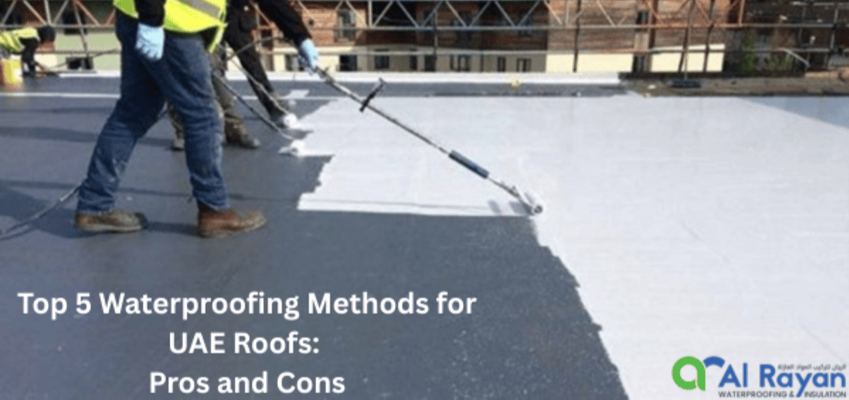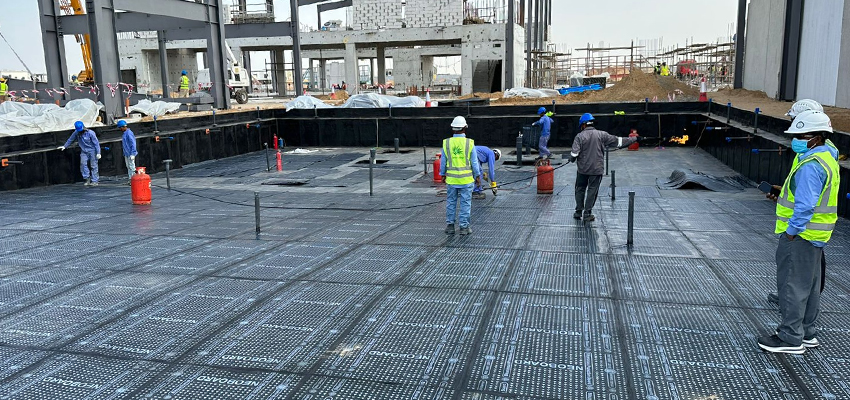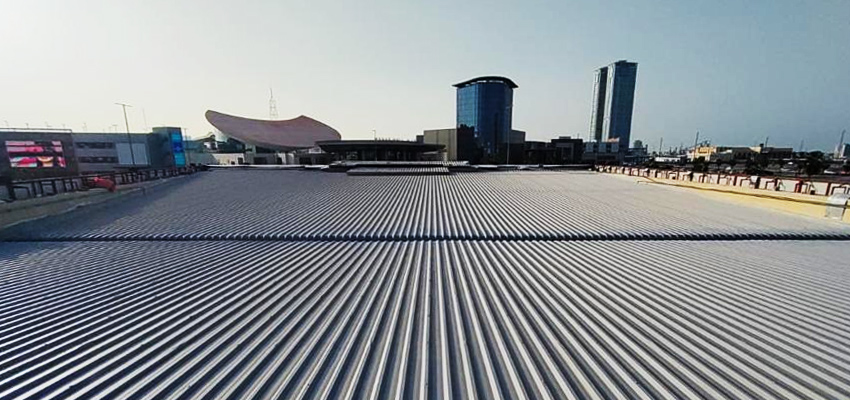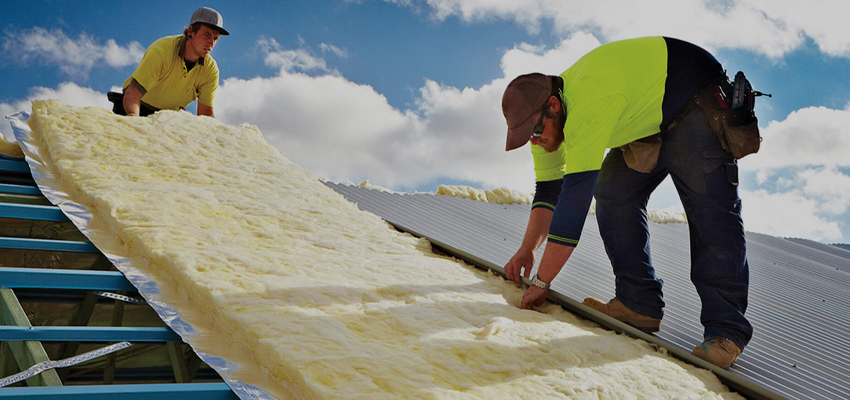
The UAE’s climate is both beautiful and challenging. While sunshine is abundant, the extreme heat, high humidity, and occasional heavy rains can be unforgiving on building structures—especially roofs. Without appropriate waterproofing, roofs can develop faults and leaks and structural damages that result in high repair costs. Choosing the right waterproofing method is essential to protect your investment, and as one of the Best Waterproofing Services in UAE, we know what works in our region’s demanding conditions. Below, we explore the top 5 waterproofing methods for roofs, their pros and cons, and when each might be the best choice for your property.
- Energy efficiency – Reduces indoor cooling needs by reflecting heat.
- Longevity – Could last over 25 years with minimal maintenance.
- Comprehensive protection – Combines waterproofing and insulation.
- Higher upfront cost – More expensive than basic waterproofing methods.
- Installation time – Requires professional expertise and proper curing time.
- Proven durability – Resistant to extreme heat and UV rays.
- Cost-effective – Lower initial investment than combo systems.
- Easy maintenance – Damaged areas can be repaired locally.
- Limited insulation – Offers little to no thermal protection.
- Seam vulnerabilities – Poor installation can lead to leaks at joints.
- Simple application – Easy to apply and ideal for irregular surfaces.
- Non-toxic – Safe for water tanks/drinking water areas.
- Good adhesion – Bonds well to concrete surfaces.
- Rigid coating – Can crack with structural movement.
- Shorter lifespan – Requires periodic maintenance.
- Fast application – Can be completed within a day.
- Seamless finish – Eliminates leakage points.
- Highly durable – Resistant to chemicals, UV, and abrasion.
- Specialized equipment needed – Requires trained contractors.
- Higher cost – More expensive than bituminous or cementitious methods.
- Corrosion resistance – Excellent for coastal areas with salty air.
- Lightweight – Doesn’t add significant load to the structure.
- Long life – Can last decades with proper maintenance.
- Labour-intensive installation – Requires skilled technicians.
- Surface prep critical – Any dust or moisture can cause bonding issues.
1. Combo Roof Waterproofing System
The Combo Roof System is a complete waterproofing and thermal insulation solution. It combines a waterproof membrane, insulation boards, and protective finishes, all in one integrated system.
Pros
Cons
Best For: Property owners looking for long-term, all-in-one roof protection and energy savings.
2. Bituminous Membrane Waterproofing
A popular choice in the UAE, bituminous membranes are made of asphalt mixed with polymer materials and reinforced with fiberglass or polyester.
Pros
Cons
Best For: Residential and commercial roofs needing reliable waterproofing without a high budget.
3. Cementitious Waterproofing
Cementitious waterproofing uses a mix of cement, sand, and waterproofing chemicals applied to the roof’s surface.
Pros
Cons
Best For: Roofs with complex shapes or areas that need a safe, food-grade waterproof coating.
4. Polyurea Spray Coating
Polyurea is a high-performance, liquid-applied coating that cures quickly into a seamless, elastic membrane.
Pros
Cons
Best For: Commercial or industrial properties needing rapid, long-lasting protection—also ideal for industrial floor coating contractors due to its durability.
5. GRP (Glass Reinforced Plastic) Lining
GRP waterproofing uses fiberglass matting and resin to create a strong, watertight layer.
Pros
Cons
Best For: Metal and concrete roofs in coastal or high-moisture environments.
Choosing the Right Waterproofing Method for UAE Roofs
Selecting the right method depends on:
- Budget – Consider initial cost versus long-term savings.
- Climate exposure – Salt, humidity, and intense heat all affect performance.
- Roof type and material – Flat, sloped, concrete, or metal roofs may need different solutions.
- Maintenance capacity – Some systems require more upkeep than others.
Working with the best waterproofing services ensures that your roof is assessed properly, and the right solution is applied for maximum durability and efficiency.
The Importance of Professional Installation
Even the best waterproofing method can fail if applied incorrectly. Hiring trained professionals ensures:
- Proper surface preparation
- Correct material handling and curing
- Seamless application without weak spots
- Compliance with UAE building codes and safety standards
At Al Rayan Insulation, our expertise encompasses not only roof waterproofing but also specialized services, including industrial floor coating contractors in UAE, crack treatments, and expansion joint solutions. This breadth of knowledge allows us to handle complex projects with precision.
Conclusion
Waterproofing isn’t just about preventing leaks—it’s about protecting your building, reducing maintenance costs, and improving energy efficiency. Whether you choose a Combo Roof System for all-around performance, a bituminous membrane for cost efficiency, or a polyurea spray for rapid, durable coverage, the key is selecting the right method for your specific needs.
For expert advice, professional application, and lasting results, trust the Best waterproofing services. Our team combines technical know-how with high-quality materials to ensure your roof stays strong against the UAE’s toughest weather conditions.
Contact Al Rayan Insulation today to schedule your free roof inspection and discover the most effective waterproofing method for your property.





